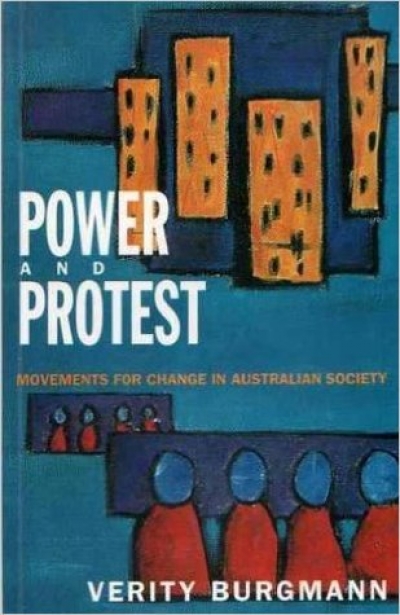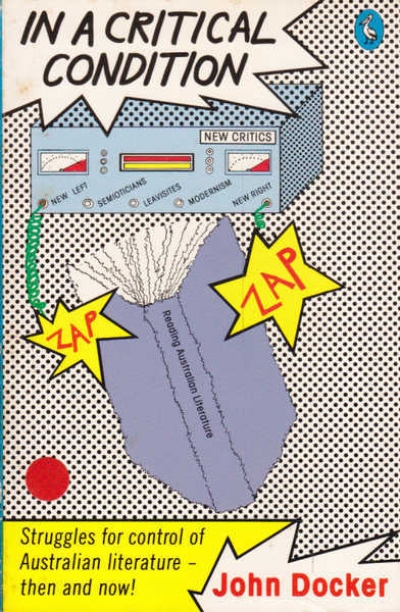John Docker
Power and Protest: Movements for change in Australian society by Verity Burgmann
It’s usually said that Australians are uninterested in the metaphysical. Where in America the lines between the secular and religious are notoriously blurred, not least in their politicians or sporting heroes invoking God on almost every conceivable occasion, Australians by contrast are held to be a godless lot, their mythologies entirely secular in form and meaning. God is rarely publicly invoked, except by ministers of religion whose particular business it is duly to do so.
... (read more)John Docker
Mark Davis’ Voltairean Gangland is one of those rare books that prise open a space for revaluation of the direction of a culture. Like The Dunciad’s evocation of the Grub Street hacks of its time, Gangland exposes tentacular networks of chummy patronage, mutual puffery, and cultural power. Gangland is especially enjoyable on the clown-like behaviour of the ex-Scripsi diaspora – in a curious sexual division of labour, a B-team of male critics, captained by the felicitously named P. Craven, has successfully promoted a coterie of writers like Jolley, Garner, and Modjeska. Compared to those I analyse in Australian Cultural Elites (1974) and In A Critical Condition (1984), this new élite is the most intellectually thin in Australian cultural history. Assisted by a passive, grovelling middle-class readership, it both creates such writers as canonical and then tries desperately to shield their texts from critique and challenge.
... (read more)





